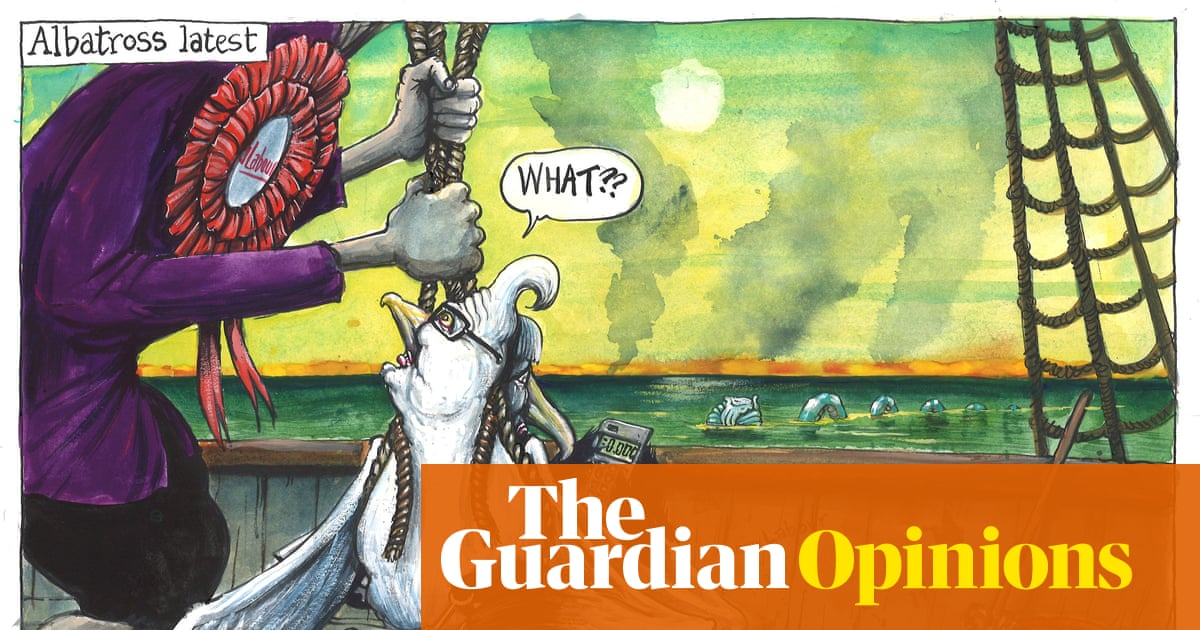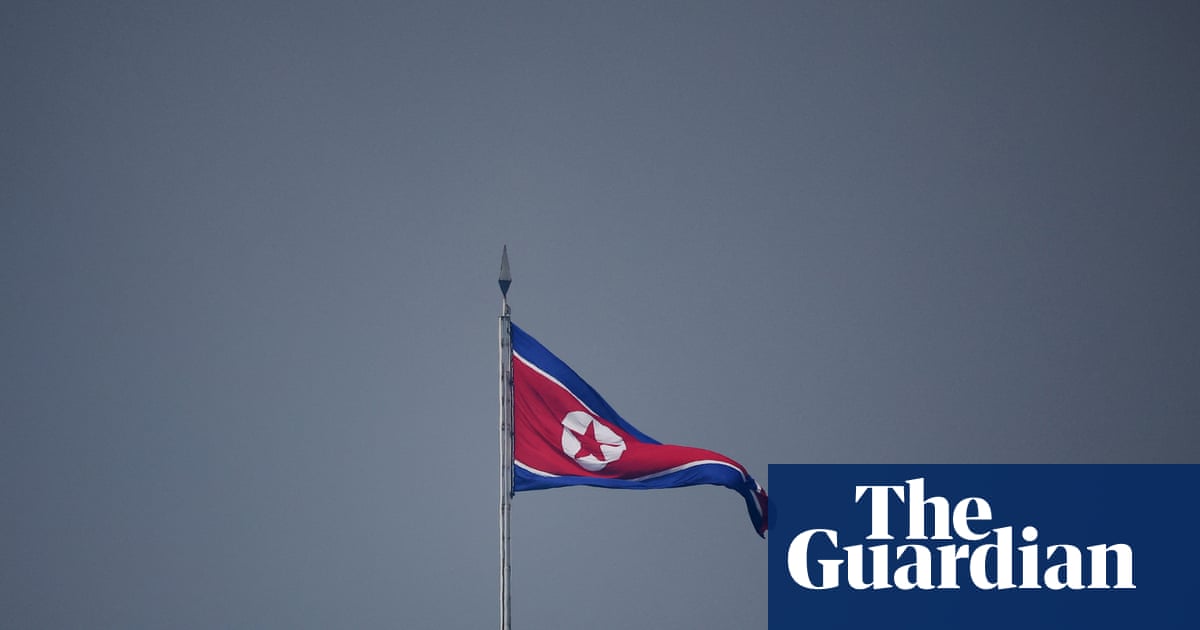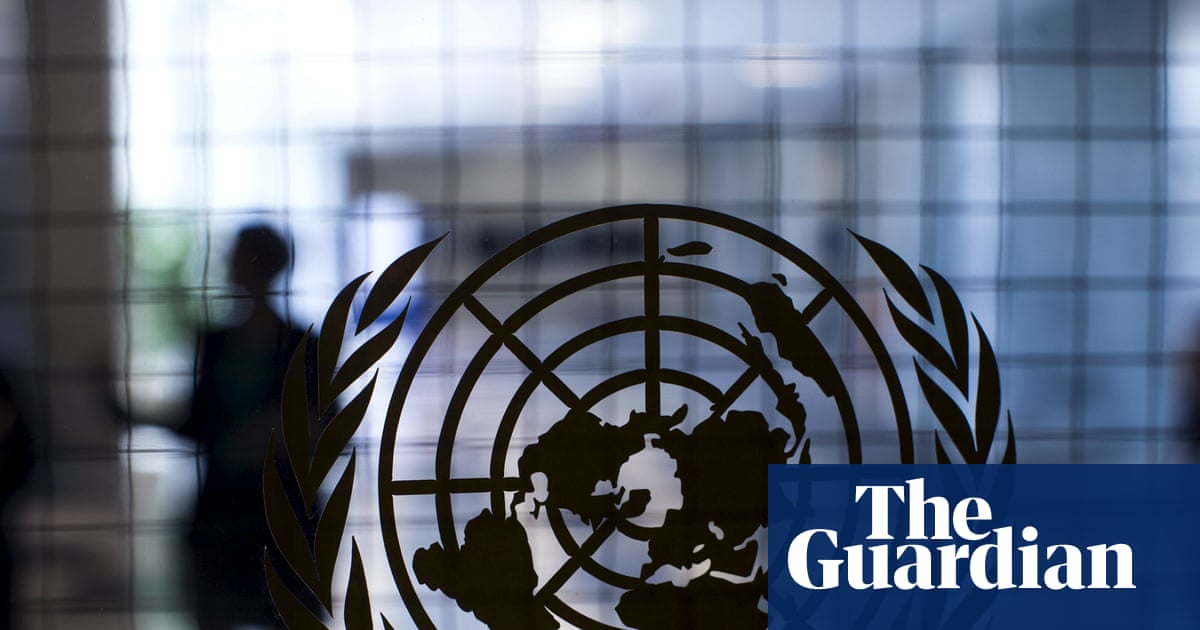When I first moved to Italy in 2012, I had no idea that more than a decade later I’d still be here. Back then, being British I had the luxury of EU citizenship, and thus of not overthinking things. I was excited by the prospect of spending time in a country that I’d always been fascinated by, and that was that. And yet, post-Brexit, I’m still here. Italy is my home. My community is here and I’ve made my career here. I speak the language fluently, and I’m even making progress with the hand gestures. Politically, I’ve lived through seven prime ministers – from Mario Monti to Giorgia Meloni – but, sadly, one thing I’ve never been able to do, in all these years, is vote in an election.
This weekend, Italians will participate in a referendum that includes a proposal to halve the time of legal residency required for non-EU adult foreigners to apply for Italian citizenship, from 10 to five years. (My own path to citizenship is covered by a different, post-Brexit process. However, a yes vote would offer me another route if my various EU-era documents and residency proofs are found wanting by the Italian bureaucracy.)
Some of my neighbours face more serious obstacles. I recently attended an Italians Without Citizenship event; this grassroots organisation played a key role in gathering half a million signatures last year, which was required to bypass parliament and put this question directly in the hands of the people. Sonny, a 38-year-old man born in Italy to a Nigerian mother, told the small crowd that he’d been waiting for more than a decade to claim citizenship, because some vital documents were sent to the wrong address. Benedicta, whose parents are from Ghana, explained that she had recently gained citizenship after 17 years of bitter struggle. It’s estimated that as many as 1.4 million people, including 284,000 minors, are living in similar states of limbo, their paths to citizenship blocked due to clerical errors, insufficient income and other systemic obstacles.
The fact that this referendum is happening at all is therefore something of a miracle. For the past three decades, the Italian state has been tightening up its citizenship rules so that fewer and fewer are eligible. And the political wind is still blowing very much in that direction. Last year, a broad coalition of parties put forward a proposal to introduce a so-called ius scholae reform, which would have automatically extended citizenship to foreign nationals who have completed a cycle of schooling. Meloni’s government quickly quashed their efforts. And just weeks ago, her administration enacted a law to prevent foreigners from claiming Italian citizenship by descent via their great-grandparents.
With the walls closing in, this weekend’s vote is a rare chance for Italians to make the country’s bureaucracy slightly more benevolent. But it has cultural implications, too. Citizens are being asked to go to the polls to make a statement about their own identity and, let’s face it, that identity, like any national identity, is so often tainted by bigotry. Meloni habitually prioritises white, heterosexual, “native” Christian families over other Italians, and millions support her. Yet a similar exclusionary logic persists, in more subtle forms, well beyond the far right. Take the dolce vita reverie of clean-cut youths dressed in designer clothes whizzing around on Vespas and eating pizza and pasta in family-run restaurants. How inclusive, really, is this widely accepted fantasy of a country perpetually frozen in the 1950s, that foreigners and Italians alike consume with such gusto?
Don’t get me wrong, I love old movies and nostalgic daydreaming as much as the next Italophile. But the focus on traditional identity all too easily feeds into a desire for ethnic and cultural homogeneity, which neglects so many people’s experiences. Where do Olympic volleyball gold medal winners Paola Egonu and Myriam Sylla fit into this national story, for example? Both are Italians with African ancestry, both are, undeniably, national heroes, yet both struggled to gain citizenship and both have faced discrimination since doing so. Or what about Khaby Lame, the world’s most followed TikToker, who, despite living in Italy since he was one, only gained citizenship in 2022, more than 20 years later? These are just the high-profile cases. By relaxing the rules on naturalisation, Italians would be recognising the dignity and diversity of millions more of their should-be-compatriots, and enriching their own national story with new protagonists in the process. Surely this is an opportunity for everyone involved?
Meloni and her colleagues do not see it that way. Earlier this week the prime minister declared that she “will not be collecting” her referendum ballot, and several high-profile ministers, including Matteo Salvini, leader of the League party, have been encouraging people to “head to the beach” instead of participating. The government seems to be hoping that fewer than 50% of Italians will turn up to the polls, that the referendum will not reach quorum and that the organisers will be humiliated for their efforts.
As a future citizen, albeit one currently without a voice, I am crossing my fingers that enough of my neighbours will demonstrate the requisite common sense and civic duty to at least show up. Politics aside, this is an opportunity for those privileged with the right to vote to prove that they care as much about the future of Italy as I and so many of my fellow migrant-residents do.
-
Jamie Mackay is a writer and translator based in Florence

 3 months ago
69
3 months ago
69

















































